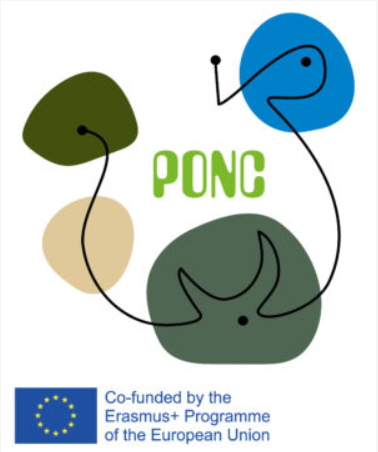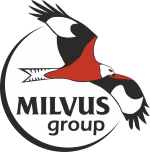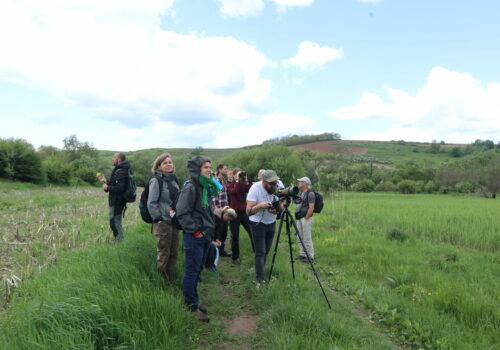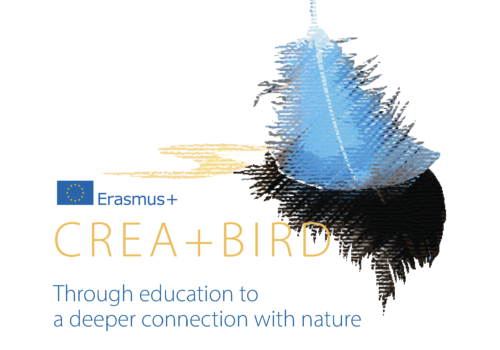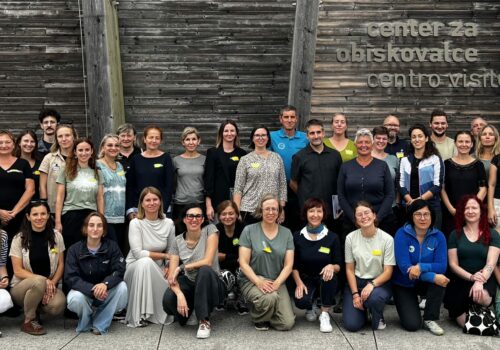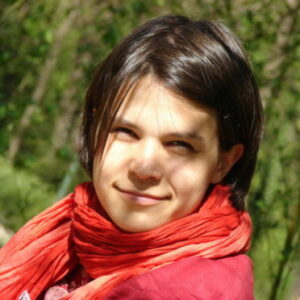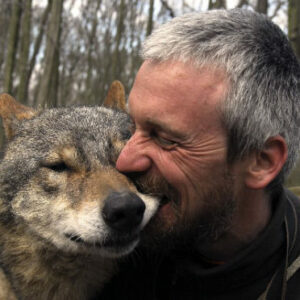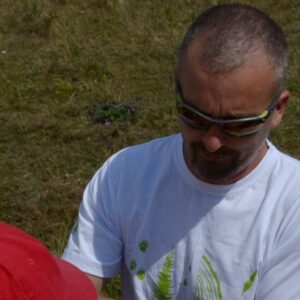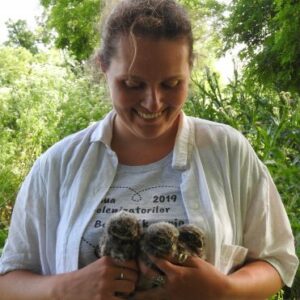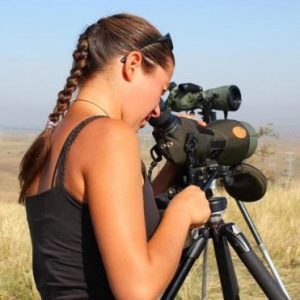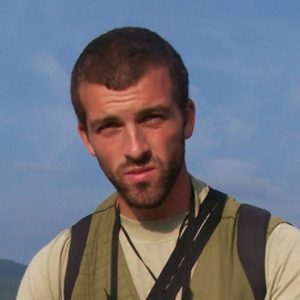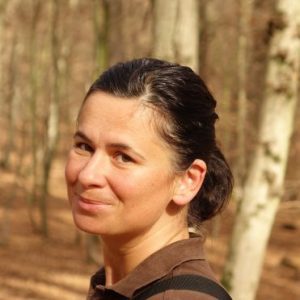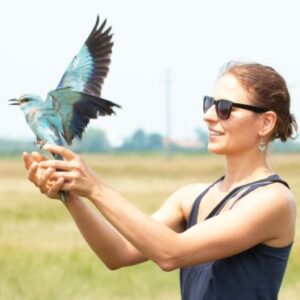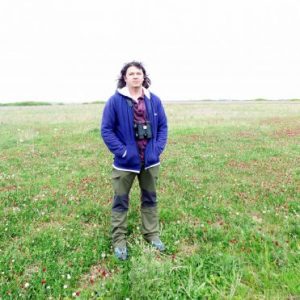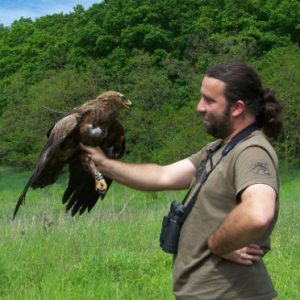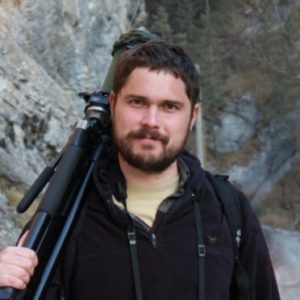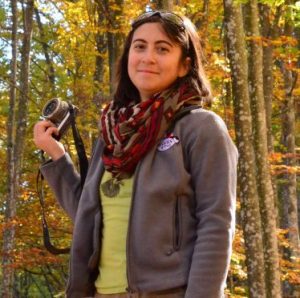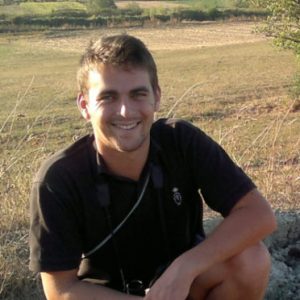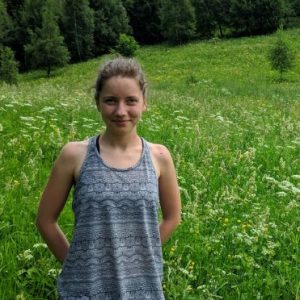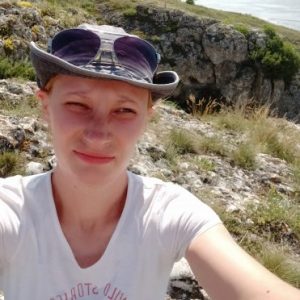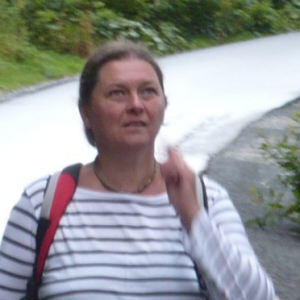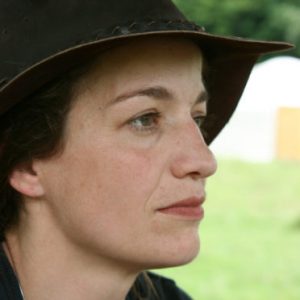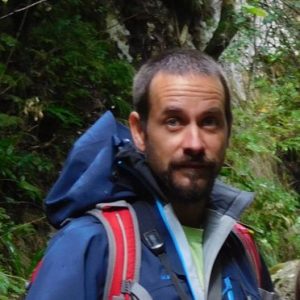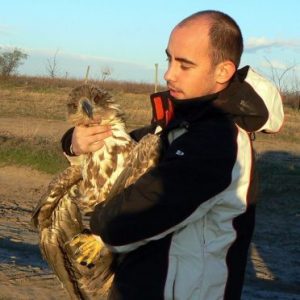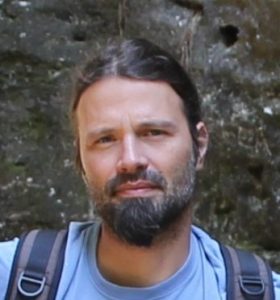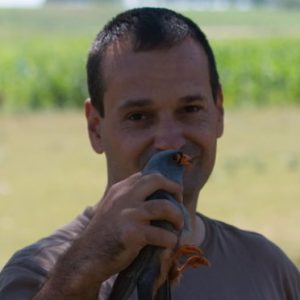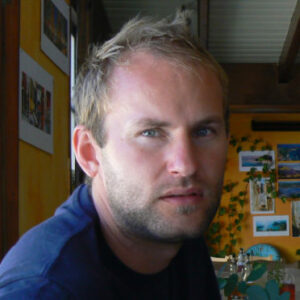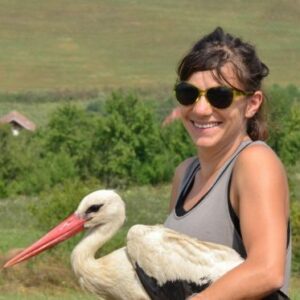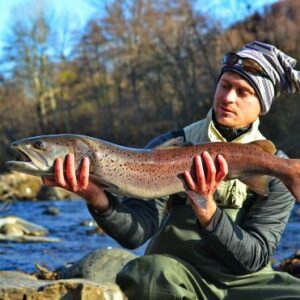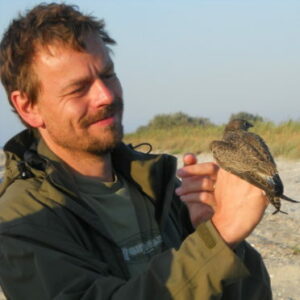Experience shows us that we can learn a lot from our European partners and apply successful practices across Europe. This is also the goal of the Erasmus + project, “Process oriented nature conservation”. As part of the project implemented by specialists from five countries – including us – a first meeting took place in the Netherlands, and in spring it was our turn to host our Belgian, Dutch and Swedish partners. The last host of this year’s meetings was Sweden, a very special country. Our trip to Gotland made a strong impression on us, because of the natural beauties of this Nordic country, with its tall junipers and pine trees lining the coastline, offering a charming view.
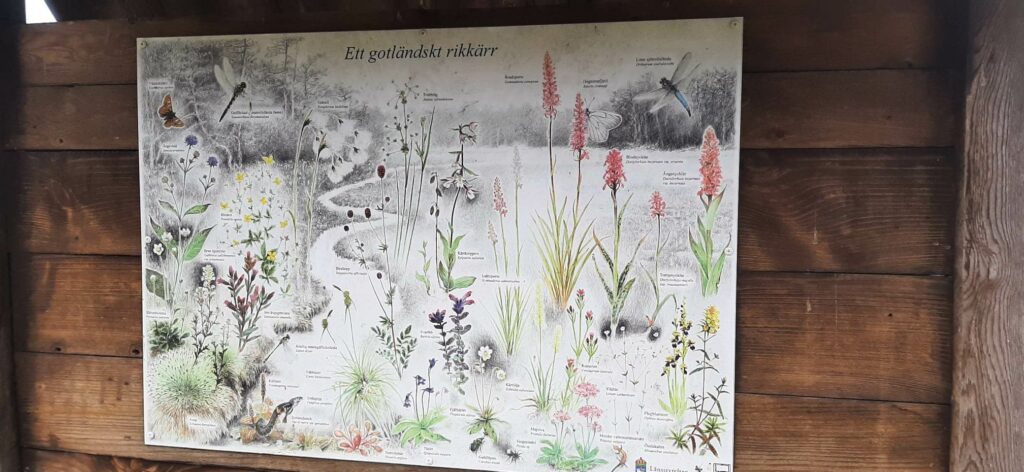
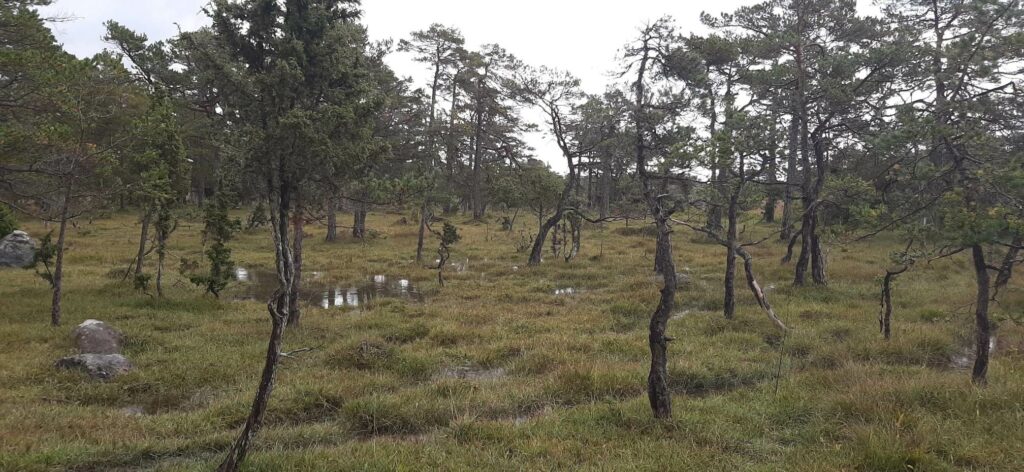
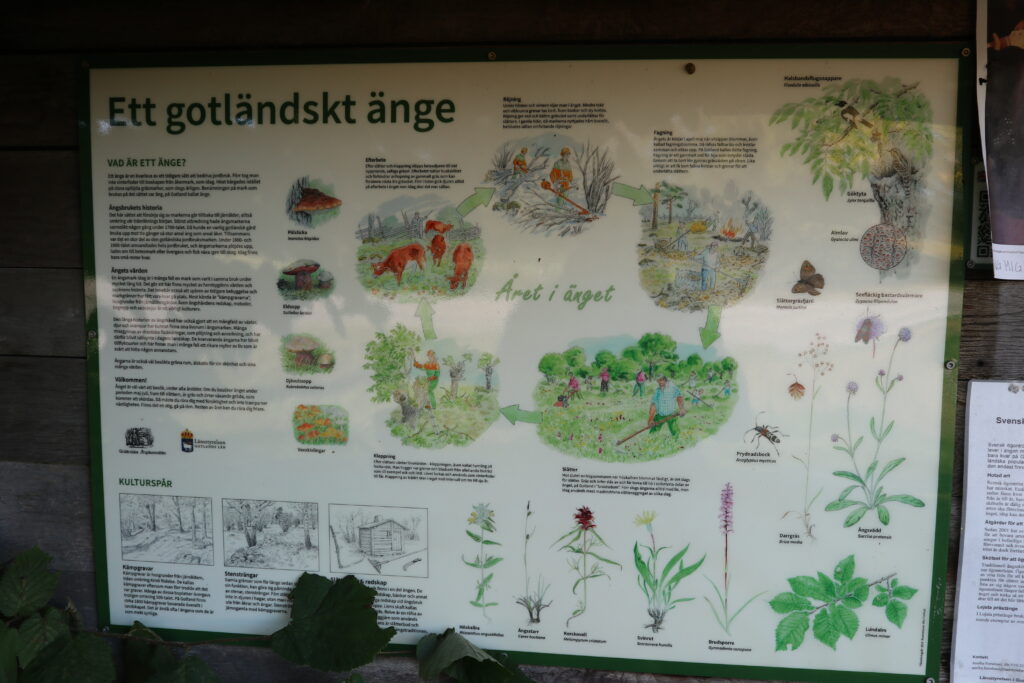
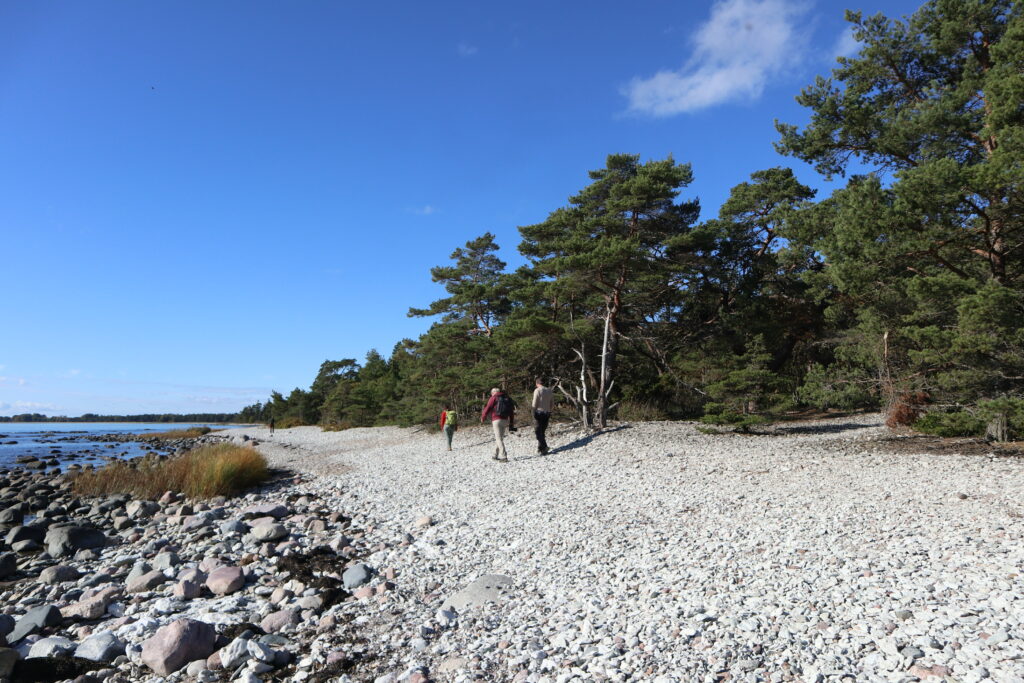
As the Erasmus+ project is mainly about rewilding, the Swedish partners presented regenerative agriculture and grazing as a successful solution to create a balance between nature (biodiversity) and people.
Due to the unique biodiversity on Gotland, this proved to be the ideal place where the various rewilding case studies presented so far in the project could be used to maintain biodiversity in the area.
In our contemporary European landscape there is a growing divide between the natural and cultural landscape (the combined works of nature and man – as defined in a UNESCO Commitee report). Choices made in the cultural landscape are having an increasingly negative impact on areas of nature conservation value.
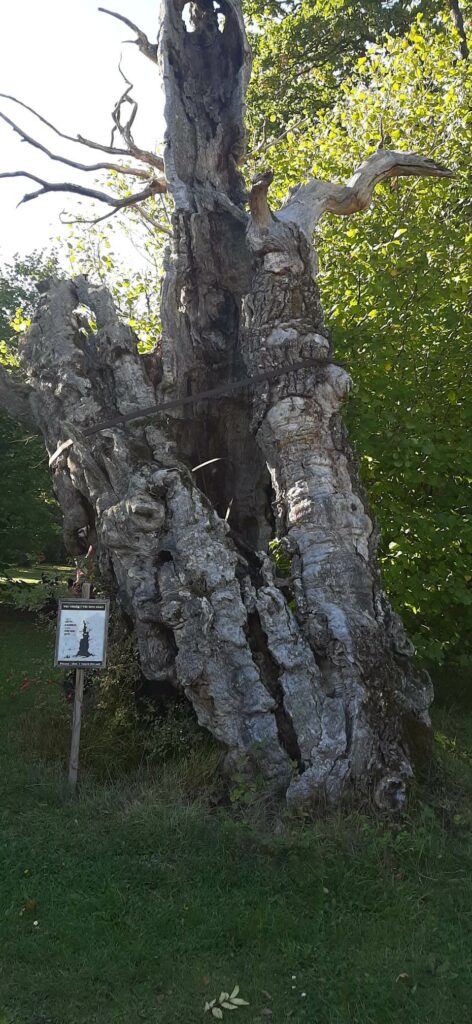
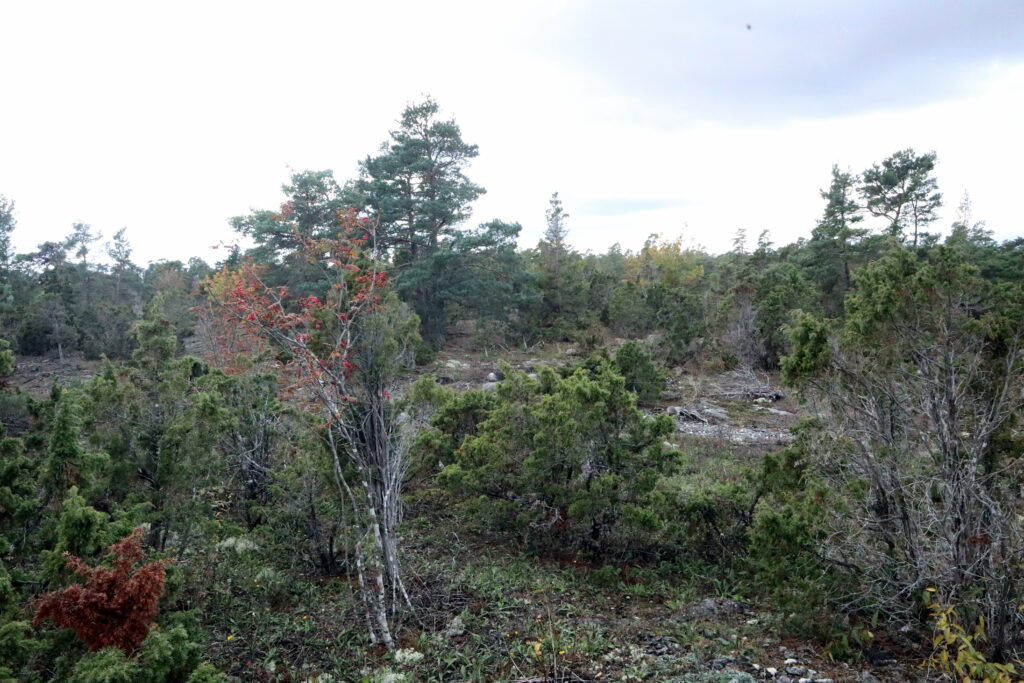

We have been able to conclude in this project that there are opportunities to allow natural processes to return to the cultural landscape for the benefit of nature and people.
Next year a final meeting of the partners is planned in Belgium and after the closing conference of the project the handbook will be published, containing the different case studies discussed, taking into account potential obstacles and solutions.
